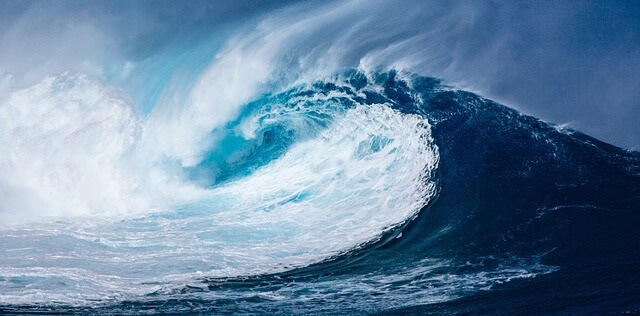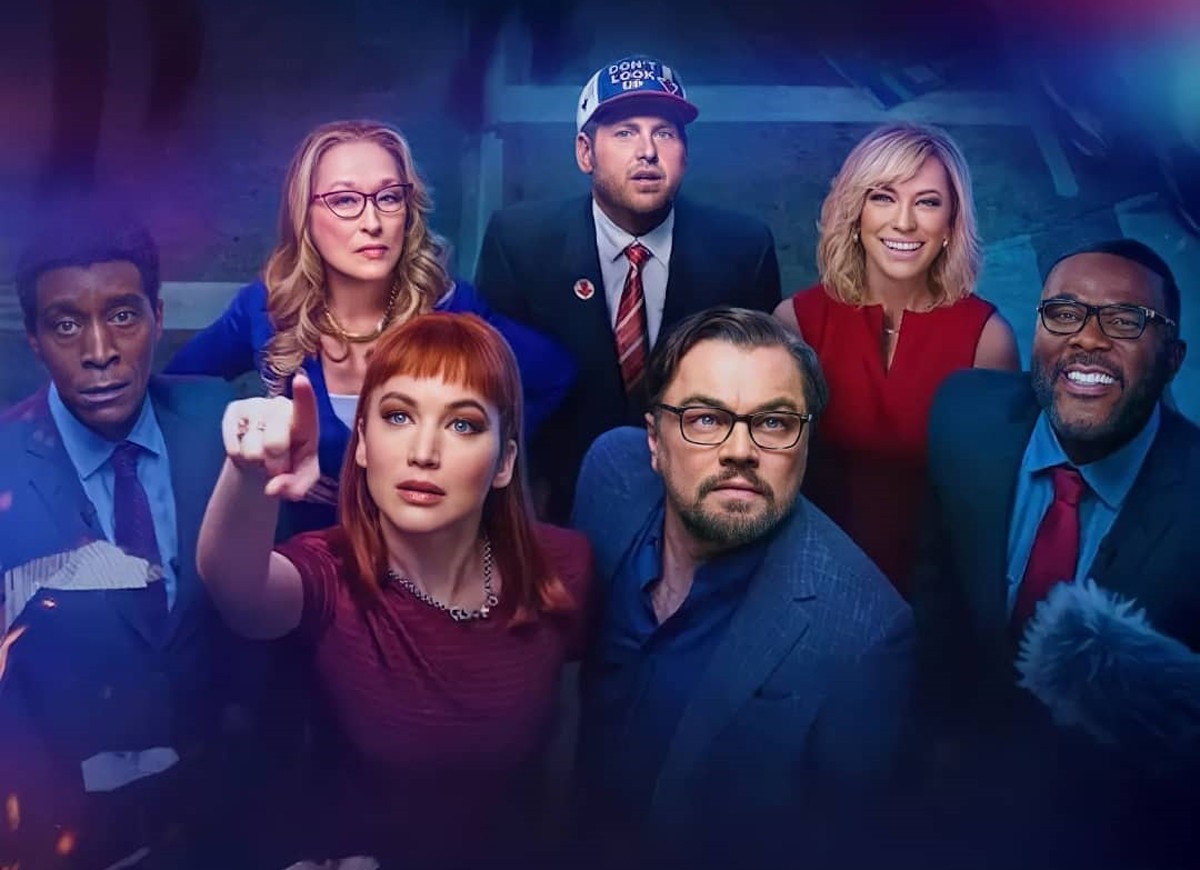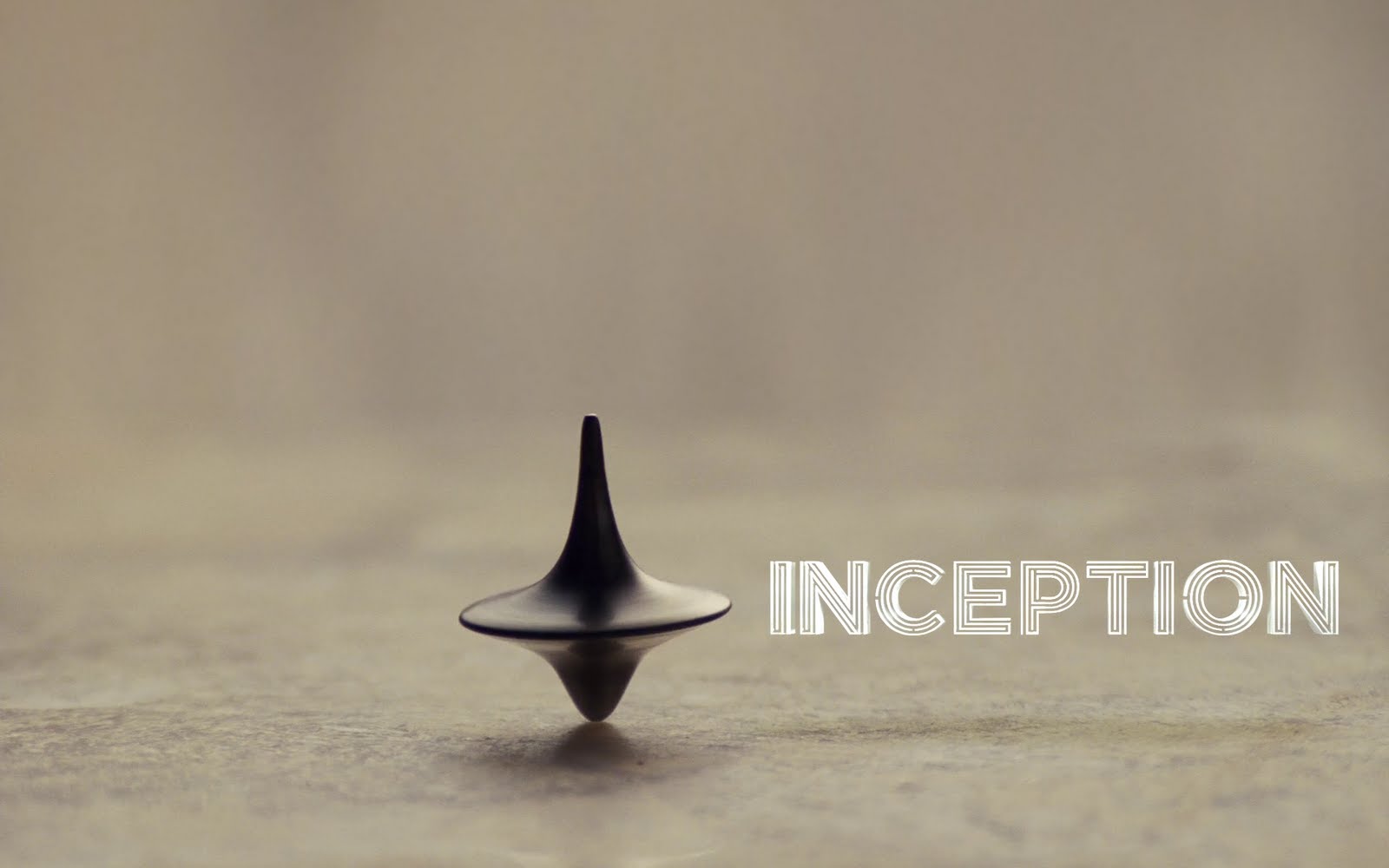
Whether we are inveterate inlanders or dwell perpetually on the tide line, we have an oceanic memory. `Indeed, such are the correspondences between ocean and our psychic depths that the two might be visible and invisible forms of the same reality. In the one, as in the other, subterranean and celestial fluidities coalesce. Their most abyssal regions are largely impenetrable. "Living fossils" in the sea, like the archaic energies in the psyche, have remained largely unchanged over millions of years, lurking in the icy darkness of the bottom waters. Whole ecosystems, untouched by sunlight, flourish in the psyche, enhancing the waters regardless of our knowledge of their existence. In each of us, salty, amniotic waters, run in our mnemonic veins. Tidal currents course through our deeps and shallows, yielding to the rhythmic pull of the moon and sun. The undulations of our myriad intensities combine in ever-changing patterns reflected on our surfaces, just as the patterns of wave trains - "intermingling, overtaking, passing, or sometimes engulfing one another" (Carson, Rachel. The Sea Around Us. 1981: 109-110) - are endlessly reconfigured over the face of the ocean.
Ancient and primal, the ocean is our mother of mothers, the great within whose fluid containment life began and from whose fertile precincts the first bold pioneers scuttled out upon the sand. For eons her "wild and clear call" has summoned poet and argonaut, contemplative and castaway to the "dark glory" of her nurturing, mysterious reaches. You can be lulled like a cosmic child in the cradle of her shoals, just as the ego surrenders to the universal mergence of sleep and dream. You can be lifted on a rearing whitecap, or borne on a wave of creative inspiration, and be carried shoreward with transporting exhilaration. You can be cleansed by the artic ice of her impersonal majesty, baptized in the coruscating radiations of her phosphorescent fire. Just as her innumerable progeny, flashing their bioluminescent lamps now here, now there, will light your way over her darkness, so on the mythic night sea journey, the glittering, intuitive, "living lights" in the psyche will help negotiate the depths.
We are droplets in the vast liquidity of the sea, and just as the ocean can swallow whole our titanic ships and jumbo jets, so our little vessels of human consciousness are liable to engulfment by the deepest waters of the psyche. Its vital energies can loom like mythical sea monsters: sucking us up, spitting us out, dismembering. The churning of its abyss can activate archetypal epicenters of potentially shattering force. Shipwrecked by the elemental dynamism of emotional storm waves, we sink into a bottomless, cold, sepulchral gloom that no ray of sunlight can penetrate. In much the same way the surpassing power of the ocean, whose continuous saltwaters sweep 40 million square miles (nearly 70 percent) over the terrestrial surface, vitiates the sovereignty of the mainland. In the disequilibria of her trenches - which may extend seven miles beneath sea level, the deepest place(s) on the planet - earthquakes are bred. Their convulsive shocks give birth to seismic sea waves that rise up like gigantic renegade tides, overrunning the coastal habitations that form the tenuous boundary between sea and land. Lethal storm waves lashed by hurricane winds and borne up by storm tides invade the "ordered world" and batter it into chaos. Even the teeming abundance at the ocean's sunlit surfaces can detonate a pandemonium of competing appetites.
Yet like the upwelling and sinking downward of diverse currents; the displacement of upper layers by the rich, revitalizing, colder waters from below, the inexhaustibly fertile, ever-changing waters of psyche are sustaining and rejuvenating. Traversing its Great Waters brings one side(dness) face to face with its opposite shore. The bitter salt of engagement with unknown depths can be transmuted into wisdom. "Journeying birds alight here and fly away again all unseen, schools of great fish move beneath the waves, the surf flings its spary against the sun" (Beston, Henry. The Outermost House. 1981: 2).
Source: "Ocean." The Book of Symbols: Reflections on Archetypal Images. Ed. Kathleen Martin. Taschen, 2010: 36, 38.
When we avoid behaviors that would instigate a shark attack, we are recognizing the shark has a mind capable of reading signs and responding to them. Like it or not, we are in communication with them. If we accidently send out signs to a shark that indicate we are prey (if we look too much like a seal in our wet suit, or we produce vibrations in the water like a fish in distress), we know we may instigate an attack, despite the fact that the shark does not typically prey on humans. We can cause the shark to misinterpret the world's signs and make a mistake - a mistake which may be fatal to us. How we see the world matters - but knowing how the world sees us also matters. - Dr. Ha Nguyen [from Ray Nayler's novel The Mountain in the Sea. Picador, 2022: 95]
--------------------------------------------------------------------------------------------
Conti, Paul. Trauma: The Invisible Epidemic. Sounds True, 2021. ["A Journey Toward Understanding, Active Treatment, and Societal Prevention of Trauma. Imagine, if you will, a disease—one that has only subtle outward symptoms but can hijack your entire body without notice, one that transfers easily between parent and child, one that can last a lifetime if untreated. According to Dr. Paul Conti, this is exactly how society should conceptualize trauma: as an out-of-control epidemic with a potentially fatal prognosis. In Trauma: The Invisible Epidemic, Dr. Conti examines the most recent research, clinical best practices, and dozens of real-life stories to present a deeper and more urgent view of trauma. Not only does Dr. Conti explain how trauma affects the body and mind, he also demonstrates that trauma is transmissible among close family and friends, as well as across generations and within vast demographic groups. With all this in mind, Trauma: The Invisible Epidemic proposes a course of treatment for the seemingly untreatable. Here, Dr. Conti traces a step-by-step series of concrete changes that we can make both as individuals and as a society to alleviate trauma’s effects and prevent further traumatization in the future. You will discover: The different post-trauma syndromes, how they are classified, and their common symptoms. An examination of how for-profit health care systems can inhibit diagnosis and treatment of trauma. How social crises and political turmoil encourage the spread of group trauma. Methods for confronting and managing your fears as they arise in the moment. How trauma disrupts mental processes such as memory, emotional regulation, and logical decision-making. The argument for a renewed humanist social commitment to mental health and wellness It’s only when we understand how a disease spreads and is sustained that we are able to create its ultimate cure. With Trauma: The Invisible Epidemic, Dr. Conti reveals that what we once considered a lifelong, unbeatable mental illness is both treatable and preventable."]
Ford, Phil, and J.F. Martel. "Make Believe: On the Power of Pretentiousness." Weird Studies #166 (April 3, 2024) ["In culture and the arts, labeling something you don't like (or don't understand) "pretentious" is the easy way out. It's a conversation killer, implying that any dialogue is pointless, and those who disagree are merely duped by what you've cleverly discerned as a charade. It's akin to cynically revealing that a magic show is all smoke and mirrors—as if creative vision doesn't necessitate a leap of faith. In this episode, Phil and JF explore the nuances of pretentiousness, distinguishing between its fruitful and hollow forms. They argue that the real gamble, and inherent value, of daring to pretend lies in recognizing that imagination is an active contributor to, rather than a detractor from, reality."]
Homberg, Jan, et al. "The Seventh Seal." In Our Time (September 21, 2023) ["Melvyn Bragg and guests discuss arguably the most celebrated film of the Swedish director Ingmar Bergman (1918-2007). It begins with an image that, once seen, stays with you for the rest of your life: the figure of Death playing chess with a Crusader on the rocky Swedish shore. The release of this film in 1957 brought Bergman fame around the world. We see Antonius Block, the Crusader, realising he can’t beat Death but wanting to prolong this final game for one last act, without yet knowing what that act might be. As he goes on a journey through a plague ridden world, his meeting with a family of jesters and their baby offers him some kind of epiphany."]
Huberman, Andrew and Matthew Walker. "Protocols to Improve Sleep." The Huberman Lab (April 10, 2024) ["This is episode 2 of a 6-part special series on sleep with Dr. Matthew Walker, Ph.D., a professor of neuroscience and psychology and founder of the Center for Human Sleep Science at the University of California, Berkeley. We discuss basic and advanced tools for improving sleep and explain how sleep quality is affected by temperature, light and dark, caffeine, alcohol, cannabis, nutrition, meal timing, and different medications. Dr. Walker also provides strategies for coping with a poor night of sleep, wind-down routines, technology in the bedroom, insomnia, visualizations, and building sleep “confidence.” We also discuss the current status of sleep research for developing advanced techniques to optimize sleep. This episode provides numerous zero-cost behavioral protocols for improving sleep quality and restorative power, which can benefit daytime mood, energy, performance, and overall health."]
Macleod, Alan. "USAID’s disinformation primer: Global censorship in the name of democracy." Monthly Review (April 9, 2024) ["A report from the United States Agency for International Development (USAID) outlines how the government agency has been encouraging governments, tech platforms, establishment media outlets and advertisers to work together to censor huge swaths of the Internet. The 97-page “disinformation primer,” obtained by conservative firm America First Legal under the Freedom of Information Act, purports to be fighting fake news. However, much of the organization’s focus appears to be on preventing individuals from finding information online that challenges official narratives and leads to increased questioning of the system more generally. The document calls for regulating video games and online message boards, steering individuals away from alternative media and back towards more elite-friendly sites, and for governments to work with advertisers to cripple organizations that refuse to toe official lines financially. Furthermore, it highlights government-backed fact-checking groups like Bellingcat, Graphika, and the Atlantic Council as leaders in the fight against disinformation, despite the fact that those groups have close connections to the national security state, which is an overwhelming conflict of interest. The news that a government agency is promoting such a program is worrying enough. However, we shall also see how USAID itself has promoted fake news to push for regime change abroad."]
Skiveren, Nicolai. "Cinematic Waesthetic: Wasted Worlds, Wasted Lives and Becoming-Waste in Contemporary Science Fiction Film." Revenant #10 (March 2024) ["This article explores the aesthetic, affective, and epistemological connections that bind together science fiction (SF) as a genre of cognitive estrangement, and the varied forms of waste that have come to permeate the genre’s filmic depictions of the future. Whether it be in the shadowy alleyways of Blade Runner 2049 (2017), the shantytowns of District 9 (2009), or the ravaged environments of Idiocracy (2006), waste is always there, lurking in the background, enveloping its human and nonhuman subjects with its elusive yet distinct atmosphere. And yet, it remains unclear what purpose(s), if any, waste might serve within these film-worlds. Because despite the seemingly central place that waste occupies in our cultural imaginaries of the future, no one has yet presented a systematic reflection on its affective, symbolic, and narrative significance. This article therefore brings together writings on ecological SF (Caravan 2014) and critical waste studies (Bauman 2004; Hawkins 2005; Viney 2014) to scrutinize the waste found across the above SF films. The article proposes that waste in contemporary SF film can be seen to operate mainly within three overlapping modes: ‘Wasted worlds,’ ‘Wasted lives,’ and ‘Becoming-waste.’ Drawing especially on Adrian Ivakhiv’s tripartite model for an eco-philosophy of the cinema, this article calls attention to the often subtle ways in which waste participates in (i) cinematic world-building, (ii) representations of otherness, and (iii) depictions of radical forms of change. Taken together, these three modes represent a suggestive image of how waste forms part of contemporary SF film."]West, Stephen. "A conservative communist's take on global capitalism and desire. (Zizek, Marx, Lacan)." Philosophize This! #199 (April 15, 2024) ["Today we talk about the distinction between left and right. Lacan's thoughts on desire. How Capitalism captures desire and identity. I would prefer not to. Moderately conservative communism."]


